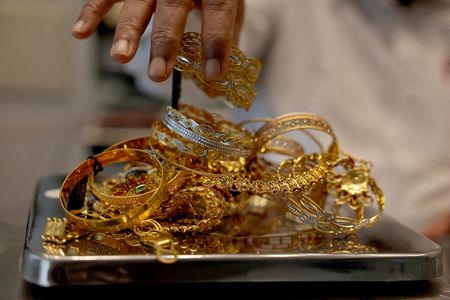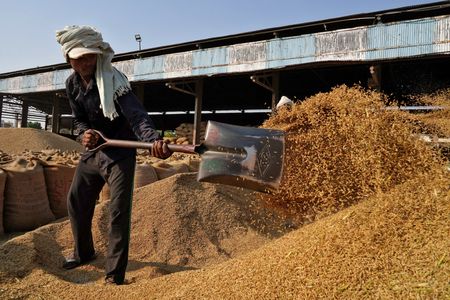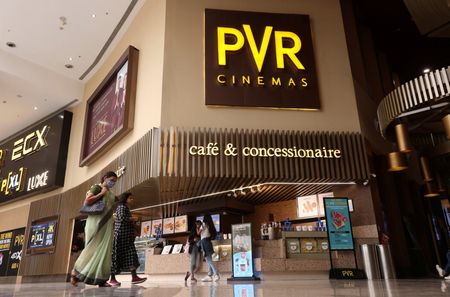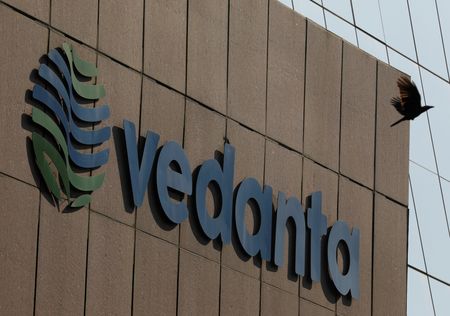By Anjana Anil and Pablo Sinha
(Reuters) -Gold prices fell below $4,000 per ounce on Monday as signs of a thaw in U.S.-China trade tensions reduced some of bullion’s safe-haven appeal, while market participants awaited the Federal Reserve’s interest rate decision this week.
Spot gold was down 2.9% at $3,991.39 per ounce at 12:25 p.m. ET (1625 GMT). U.S. gold futures for December delivery were down 3.2% at $4,005.70.
“A potential U.S.-China trade deal portends a little less need for safe-haven assets such as gold,” said David Meger, director of metals trading at High Ridge Futures.
Gold climbed to a record high of $4,381.21/oz on October 20, but retreated 3.2% last week following hints of easing trade tensions between the world’s two largest economies. Negotiators from the U.S. and China on Sunday outlined the framework for a deal to pause steeper American tariffs and defer China’s rare-earth export controls.
U.S. President Donald Trump and China’s Xi Jinping are expected to meet on Thursday to further discuss a trade accord.
In addition to technical selling, gold is “seeing a further decline because of an unwinding of trade tensions that had taken prices from $3,800 to $4,400 over the course of the first three weeks of October,” said CPM Group managing partner Jeffrey Christian.
Meanwhile, the market sees a 97% chance of a quarter of a percentage point rate cut at the Fed’s meeting on Wednesday.
Gold, a non-yielding asset, typically performs well in a low-interest rate environment.
While most analysts and investors see further highs for the yellow metal, even bringing $5,000/oz into view, some are skeptical about the sustainability of its recent huge rise.
Capital Economics analysts on Monday lowered their gold price forecast to $3,500/oz for end-2026.
“The 25% jump in prices since August is much more difficult to justify than previous moves during the gold rally,” it said.
Spot silver fell 4% to $46.65 per ounce, platinum eased 1.1% to $1,588.71, and palladium lost 1.6% to $1,405.56.
(Reporting by Anjana Anil and Pablo Sinha in Bengaluru; Editing by Mark Potter and Richard Chang)









